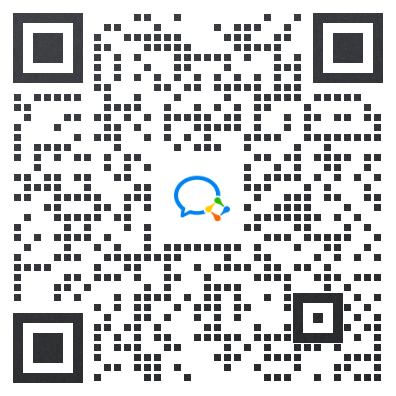考博英语完型填空模拟题(十一)
摘要:考博英语的复习不仅需要考生对大量的英语知识进行记忆,还需要考生们平时多做考博英语单项练习来积累经验。希赛网考博英语频道为大家整理了考博英语完型填空模拟试题。
以下就是希赛网考博英语频道为大家整理的考博英语完型填空模拟试题。
About 40 percent of Americans think of themselves as shy, while only 20 percent say they have never suffered from shyness at some point in their lives. Shyness occurs when a person’s apprehensions are so great that they 1 his making an expected or desired social response. 2 of shyness can be as minor as 3 to make eye contact when speaking to someone, 4 as major as avoiding conversations whenever possible.
“Shy people tend to be too 5 with themselves,” said Jonathan Cheek, a psychologist, who is one of those at the forefront of current research on the topic. “ 6 , for a smooth conversation, you need to pay attention to the other person’s cues 7 he is saying and doing. But the shy person is full of 8 about how he seems to the other person, and so he often 9 cues he should pick up. The result is an awkward lag in the conversation. Shy people need to stop focusing on 10 and switch their attention to the other person.”
11 , shy people by and large have 12 social abilities than they think they do. 13 Dr. Cheek videotaped shy people talking to 14 , and then had raters (评估者) evaluate how socially skilled the people were, he found that, in the 15 of other people, the shy group had few 16 problems. But when he asked the shy people themselves 17 they had done, they were unanimous in saying that they had been social flops (失败).
“Shy people are their own 18 critics,” Dr. Cheek said. 19 he added, shy people feel they are being judged more 20 than they actually are, and overestimate how obvious their social anxiety is to others.
1. [A] prevent[B] inhibit[C] keep[D] motivate
2. [A] Symptoms[B] Signals[C] Highlights[D] Incidences
3. [A] succeeding[B] failing[C] acting[D] responding
4. [A] but[B] not[C] or[D] nor
5. [A] preoccupied[B] absorbed[C] engaged[D] indulged
6. [A] However[B] Then[C] For example[D] Instead
7. [A] that[B] which[C] what[D] how
8. [A] worries[B] feelings[C] emotions[D] indiffferences
9. [A] follows[B] picks up[C] misses[D] catches
10.[A]the conversation[B] shyness[C] others[D] themselves
11. [A] Therefore[B] Nevertheless[C]On the contrary[D] Similarly
12. [A] worse[B] as good[C] better[D] best
13. [A] When[B] Since[C] While[D] As
14. [A] themselves[B] friends[C] strangers[D] others
15. [A] name[B] terms[C] ease[D] eyes
16. [A] oblivious[B] obvious[C] oblique[D] obscure
17. [A] what[B] whatever[C] how[D] however
18. [A] best[B] justice[C] fair[D] worst
19. [A] In particular[B] In contrast[C] In general[D] In comparison
20. [A] positively[B] negatively[C] subjectively[D] objectively
[答案]
1-5:BABCA 6-10:CCACD
11-15:BCACD 16-20:BCDCB
延伸阅读
- 2026全国医学博士英语统考准考证打印时间
- 2026全国医学博士英语统考准考证打印流程
- 上海戏剧学院2026年招收攻读博士学位研究生招生简章
- 考博英语全国医学统考真题考情分析
- 桂林医科大学2026年在职医师攻读临床医学博士专业学位人员招生简章
- 研究生上多少年可以考博士

考博英语微信公众号

了解更多考试动态
考博英语备考资料免费领取
去领取

扫一扫,进入微信小程序,各院校历年真题随时随地可刷题,助力考博英语提分。
- 0
- 2
- 0
 专注在线职业教育25年
专注在线职业教育25年






 扫描二维码
扫描二维码
 扫描二维码
扫描二维码








